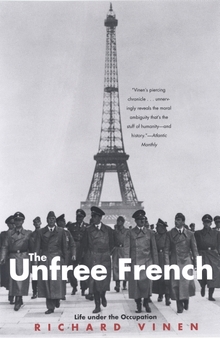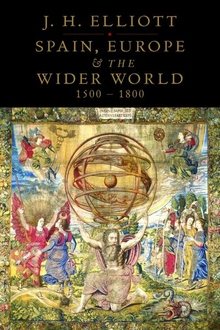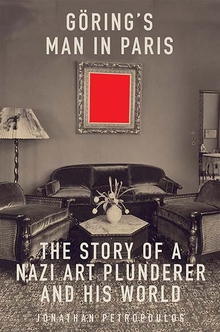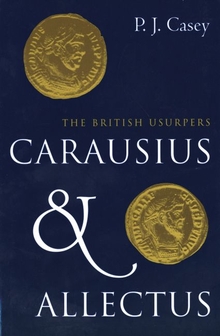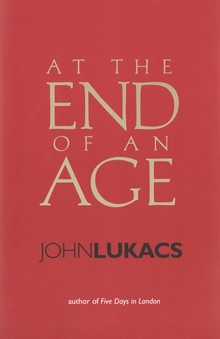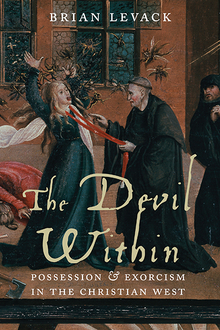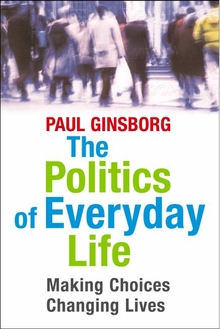Family Politics
WARNING
You are viewing an older version of the Yalebooks website. Please visit out new website with more updated information and a better user experience: https://www.yalebooks.com
Domestic Life, Devastation and Survival, 1900-1950
Paul Ginsborg
An exploration of the convulsive history of the 20th century’s first five decades, seen through the lens of families and family life
In this masterly twentieth-century history, Paul Ginsborg places the family at center stage, a novel perspective from which to examine key moments of revolution and dictatorship. His groundbreaking book spans 1900 to 1950 and encompasses five nation states in the throes of dramatic transition: Russia in revolutionary passage from Empire to Soviet Union; Turkey in transition from Ottoman Empire to modern Republic; Italy, from liberalism to fascism; Spain during the Second Republic and Civil War; and Germany from the failure of the Weimar Republic to the National Socialist state.
Ginsborg explores the effects of political upheaval and radical social policies on family life and, in turn, the impact of families on revolutionary change itself. Families, he shows, do not simply experience the effects of political power, but are themselves actors in the historical process. The author brings human and personal elements to the fore with biographical details and individual family histories, along with a fascinating selection of family photographs and portraits.
From WWI—an indelible backdrop and imprinting force on the first half of the twentieth century—to post-war dictatorial power and family engineering initiatives, to the conclusion of WWII, this book shines new light on the profound relations among revolution, dictatorship, and family.
In this masterly twentieth-century history, Paul Ginsborg places the family at center stage, a novel perspective from which to examine key moments of revolution and dictatorship. His groundbreaking book spans 1900 to 1950 and encompasses five nation states in the throes of dramatic transition: Russia in revolutionary passage from Empire to Soviet Union; Turkey in transition from Ottoman Empire to modern Republic; Italy, from liberalism to fascism; Spain during the Second Republic and Civil War; and Germany from the failure of the Weimar Republic to the National Socialist state.
Ginsborg explores the effects of political upheaval and radical social policies on family life and, in turn, the impact of families on revolutionary change itself. Families, he shows, do not simply experience the effects of political power, but are themselves actors in the historical process. The author brings human and personal elements to the fore with biographical details and individual family histories, along with a fascinating selection of family photographs and portraits.
From WWI—an indelible backdrop and imprinting force on the first half of the twentieth century—to post-war dictatorial power and family engineering initiatives, to the conclusion of WWII, this book shines new light on the profound relations among revolution, dictatorship, and family.
Paul Ginsborg is professor of contemporary European history, University of Florence. The author of numerous books on European history, he lives in Florence, Italy.
“A haunting, vivid, and thought-provoking new work of social history.”—The Economist
‘Perceptively and sensitively written, wide-ranging in scope, and impressively learned, Paul Ginsborg has given us an original contribution to the social history of a brutal century.’ - Paul Preston, author of The Spanish Holocaust: Inquisition and Extermination in Twentieth-Century Spain
"A most remarkable book, full of feeling and historical insight, very impressive in the range of knowledge on which it draws, and continuously enjoyable to read and stimulating to think about."—John Dunn, author of Setting the People Free: The Story of Democracy
'Families are off-stage in history, a footnote in the lives of the great, if that, so it is refreshing that Paul Ginsborg looks at the upheavals of the first half of the twentieth century through the prism of family life. . . Full of anecdote, brief biography and observation, Family Politics is readable and informative . . .’—Jad Adams, The Independent
‘In the vast literature on the Soviet Union, Weimar and Nazi Germany, Fascist Italy and the Spanish and Turkish Republics, most scholars all but ignore the crucial role of the family. In Family Politics Paul Ginsborg explains this anomaly, and his innovative approach provides a wealth of other surprises. ‘—Robert Gellately, THES
'Examining that smaller world, Ginsborg paradoxically enlarges our understanding of the greater one, looking beyond the contingencies of massacre and oppression to the fundamental experiences of human life.’
—Lucy Hughes-Hallett, Guardian.
—Lucy Hughes-Hallett, Guardian.
'On every page, ranging from the Soviet Union, to Fascist Italy, German National Socialism, and beyond, Paul Ginsborg provokes thought and reflection in a fascinating and revealing book on a curiously neglected area of social history. Family Politics deserves the widest possible readership.' - Robert Gellately, author of Stalin’s Curse: Battling for Communism in War and Cold War
‘On its favoured territory of high culture the book is learned and wide-ranging. It recounts a series of life stories and cultural events of extraordinary diversity, and explores with fluent authority the worlds of painting, music, and literature in several different European countries.’—Peter Swaab, the Daily Telegraph
‘Often the book drifts into being a total history of its focus states and societies, but this is valuable. Ginsborg also amplifies his description with telling comparison when, for example, he maintains that Stalin and Ataturk ‘bowed to history’ as they uneasily sought to locate a ‘normalisation of family life’.—Richard Bosworth, History Today
‘Family Politics fruitfully unpacks the significance of the family, from its influence on political figures to the legal changes that had the power to shift established roles and relations.’—Hester Vaizey, BBC History
‘Professor Ginsborg has produced a reflective, wide-ranging study of an area often neglected by historians.’—Jack Carrigan, Catholic Herald
“This a wonderfully rich, penetrating and rewarding study of a much neglected, but highly significant area of life every radical should read. Its ideas are as relevant today as those of the period it analyses.”—Mike Davis, Chartist
‘From Ginsborg’s pages, there emerges an extraordinary panorama of the political landscape of Europe in the first half of the 20th century … The conflicts in the realm of family politics are located between men and women , city and countryside, old and young’. —Caroline Fetscher, Der Tagesspiegel
‘Taken as a whole, Family Politics is dense and thickly populated, exceptionally rich and very enlightening’.—Michel André, Books (Paris)
‘An extraordinarily rich historical fresco, groundbreaking in many ways’—Chiara Saraceno, L’Indice dei libri del mese
ISBN: 9780300219470
Publication Date: May 10, 2016
Publication Date: May 10, 2016
544 pages, 5 11/16 x 9
15 color + 59 b/w illus.
15 color + 59 b/w illus.


